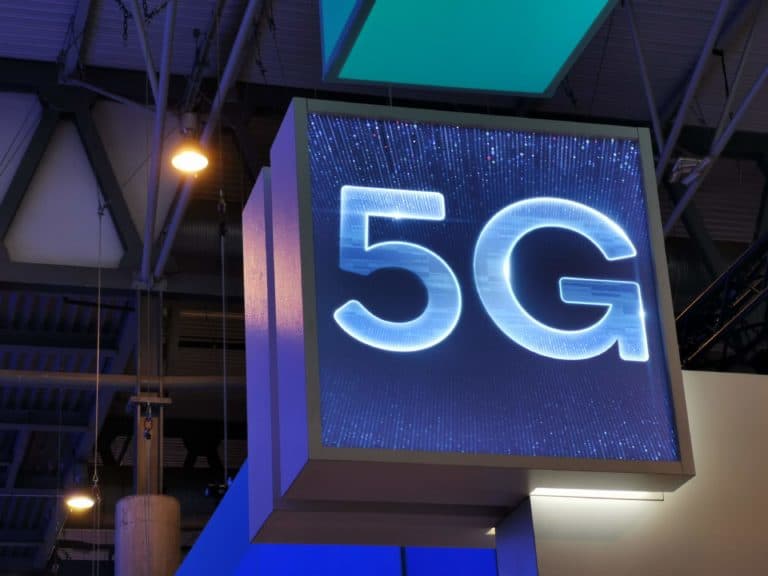European governments’ assessment of the impact of using Chinese equipment is slowing down the roll-out of 5G services across Europe. In addition, the American sanctions against Huawei are also causing a delay. That’s what Anders Nilsson, CEO of the Swedish telecom group Tele2, says in an interview with Reuters.
According to Nilsson, the restrictions and concerns about safety are reflected in European 5G investments, according to Reuters. Tele2 is Sweden’s second largest telecommunications company, but also operates in the Baltic States. The company has recently announced that it has deliberately avoided deals with equipment suppliers.
We have a global supply chain. Regardless of who you buy products from, you will always find components from China. Even if we buy equipment from Ericsson, our neighbour, you’ll find Chinese hardware and parts in that equipment. We’re talking to all the vendors now, but decisions are postponed. This concerns not only Huawei, but all suppliers, according to Nilsson.
He said that Tele2 does not intend to stop selling Huawei smartphones for the time being. Indeed, US sanctions would not have led to a significant drop in sales or impact on demand.
Higher prices
Nilsson suspects that consumers will probably be saddled with higher prices if European governments ban Huawei. The competition is then limited to the Scandinavian suppliers Ericsson and Nokia.
From our perspective, the main reason to roll out 5G now is because it is a good way to build capacity. Although we can continue to build 4G capacity, so 5G is not something we should necessarily do now, says the head of the Swedish telecom group.
The roll-out of 5G is seen as a major transformation for the telecommunications industry. The technology results in a tenfold increase in data transfer capacity, which includes self-propelled cars and smart factories.
This news article was automatically translated from Dutch to give Techzine.eu a head start. All news articles after September 1, 2019 are written in native English and NOT translated. All our background stories are written in native English as well. For more information read our launch article.